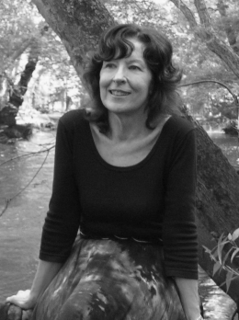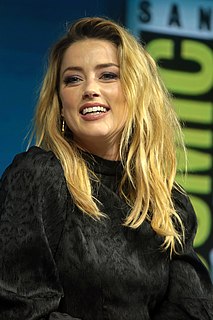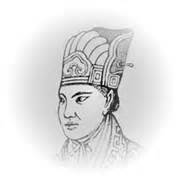A Quote by Lee Gutkind
Nonfiction means that our stories are as true and accurate as possible. Readers expect - demand - diligence.
Related Quotes
I feel that historical novelists owe it to our readers to try to be as historically accurate as we can with the known facts. Obviously, we have to fill in the blanks. And then in the final analysis, we're drawing upon our own imaginations. But I think that readers need to be able to trust an author.
Diligence means to be keen in matters of virtue and justice, but worldly people use diligence to solve their economic difficulties. Frugality means to have little desire for material goods, but worldly people use frugality as a cover for stinginess. Thus do watchwords of enlightened life turn into tools for the private business of small people. What a pity!






































